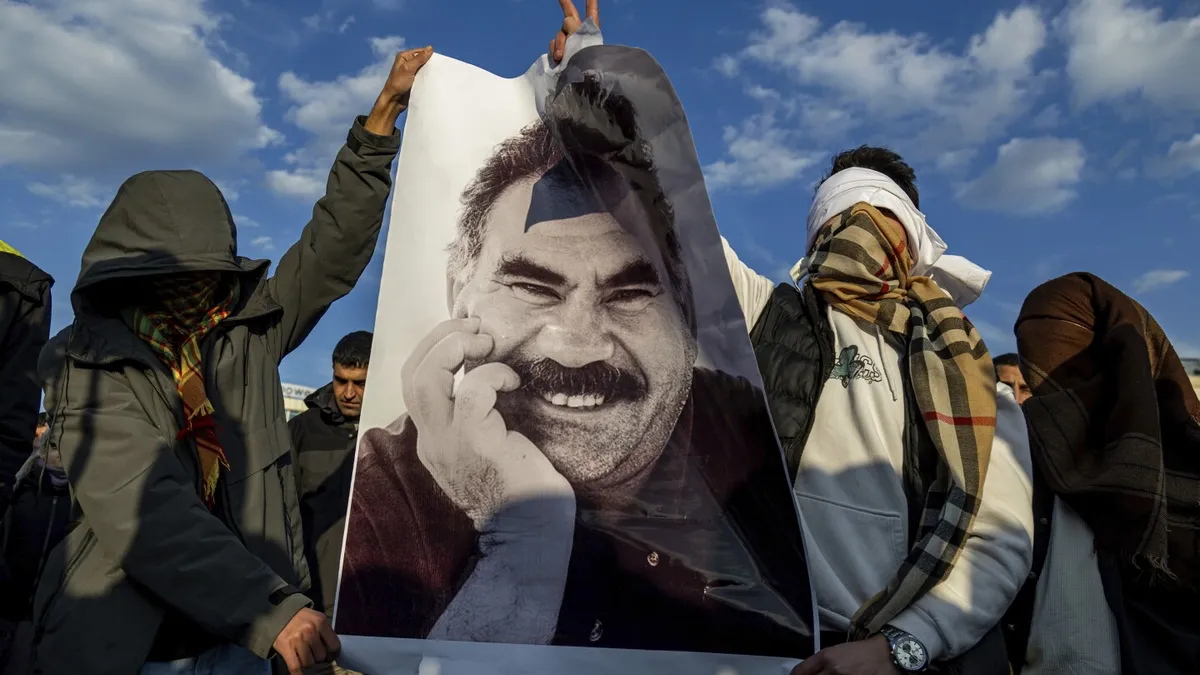
In a significant development, the Kurdistan Workers Party (PKK), which has been engaged in a decades-long insurgency in Turkey, announced a ceasefire on Saturday. This decision came just two days after the group's imprisoned leader, Abdullah Ocalan, called for the PKK to disarm. The statement was disseminated by the Firat News Agency, a media outlet closely affiliated with the PKK.
The ceasefire, effective immediately, is a response to Ocalan's appeal for a "Call for Peace and Democratic Society." The PKK emphasized that none of its forces would undertake any armed actions unless provoked. This announcement marks a pivotal moment in the ongoing conflict, which has resulted in tens of thousands of deaths since its inception in the 1980s.
Abdullah Ocalan has been imprisoned in Turkey since 1999, and his influence remains significant among Kurdish militants. On Thursday, a delegation of Kurdish politicians met with Ocalan, where he reiterated the necessity for the PKK to lay down its arms and disband. This was the first indication of a potential thaw in tensions since peace talks between the PKK and the Turkish government collapsed in the summer of 2020.
The PKK's statement highlighted Ocalan's call as the beginning of a "new historical process" in Kurdistan and the broader Middle East. The term Kurdistan refers to regions within Turkey, Iraq, Syria, and Iran that are predominantly inhabited by Kurdish populations.
As the ceasefire is declared, the main pro-Kurdish political party in Turkey faces increasing pressure, with several of its mayors removed from office in recent months and replaced by government appointees. The PKK's leadership has also urged for Ocalan's release from Imrali Prison, located in the Marmara Sea, so that he can personally oversee a party congress aimed at facilitating the disarmament process.
This ceasefire represents a crucial opportunity for peace and reconciliation in a region marked by conflict and strife. The PKK has stated its commitment to comply with the requirements outlined in Ocalan's call, but it also stresses that political and legal frameworks conducive to success must be established.